5th Maritime Decarbonisation Summit: MIAL issues post-summit statement
Representatives of the Australian maritime industry, government and energy producers gathered in Melbourne in June 2025 for the 5th Maritime Decarbonisation Summit to explore the theme ‘Progress through uncertainty’.
The Australian maritime industry has been actively leaning into the decarbonisation challenge, despite geopolitical headwinds and a murky regulatory landscape, and had valuable ‘lessons learned’ to share.
Australia has a comparative advantage in resources and the domestic expertise to support high integrity low carbon fuel industry to supply domestic users, including the maritime sector, bolster our fuel security, while helping to decarbonise the world, although, we risk investment moving offshore if the nascent production industry is not enabled.
However, in the wake of the landmark International Maritime Organisation (IMO) vote in April 2025 establishing the IMO Net Zero Framework; and facing a period of domestic political stability at the federal level, summit participants were buoyant about the prospect of implementation of long-term enabling policy frameworks.
Ongoing progress is being made where production scale, focus and demand aggregation meet a facilitating environment, which is demonstrated by action in the Pilbara region, with the first ammonia powered vessels expecting to call in early 2026. Valuable lessons have been learned; the practicalities of standing up an ammonia fuelled trade route; the necessity of aggregating fuel demand and utilisation; and the realities of shared risk and cost along entire value chain.
Technical and operational efficiency measures, including data to optimise operations, modifying behaviours, and ensuring vessels have optimum technology mix for their operational profile is crucial for reducing emissions now will be an important enabler of new zero and near zero (ZNZ) fuels by reducing the total quantity required. Mechanisms that foster collaboration and sharing benefits of operational and technical efficiency between stakeholders can have a material impact on overall emissions.
Seafarers will be at the centre of the maritime energy transition as the frontline workforce responsible for implementing and maintaining new technologies and operating procedures. Training and standard development for safe handling of new fuels remain paramount to ensuring a just and equitable transition.
MIAL calls on the government to:
- Approve the adoption of the IMO Net Zero Framework at the Extraordinary Session of the Marine Environment Protection Committee in October. Reducing emissions across the shipping industry requires collaboration across a wide range of stakeholders, and a global regulatory framework is essential to avoid regional discrepancies, provide long-term visibility and predictability, and create appropriate market incentives.
- Increase focus on the potential impacts of the proposed IMO Framework on shipping in Australia, including the disbursement of IMO generated funds as part of the so-called ‘Just Transition’ – the people centred transition to a zero-carbon shipping industry.
- Establish a dedicated national maritime decarbonisation fund or ARENA maritime strategic priority funding line to enable the energy transition of the Australian maritime industry and demonstrate Australia’s commitment to climate policy action and industry decarbonisation.
- Release the Maritime Emissions Reduction National Action Plan (MERNAP) without further delay to provide guidance and clarity, ensuring it is reflective of recent changes in the decarbonisation regulatory landscape.
- Enable a new sovereign low carbon fuel capability through targeted supply side policy and stimulate demand through domestic regulation and incentives that complement the international IMO Net Zero Framework.
- Strive for a national fuel certification scheme that is aligned with other industry sectors to reduce overall supply chain burden and avoid duplication of effort with associated costs.
- Audit government procurement guidelines to ensure they do not create a barrier but rather are an enabler, providing ongoing demand signals at scale.
- Work with industry to ensure the indirect benefits of maritime decarbonisation are realised with respect to regional development opportunities and the social licence is secured.
MIAL members continue to stand ready to work with government and energy producers to progress the development of critical policy and technical standards through collaboration and consultation to forge a credible path to net zero and maximise the benefit to the nation.

